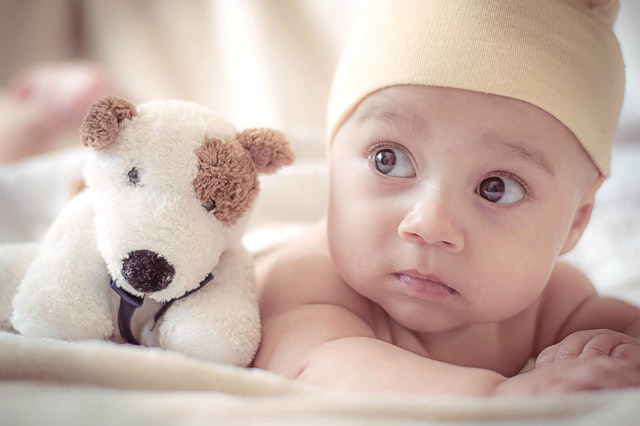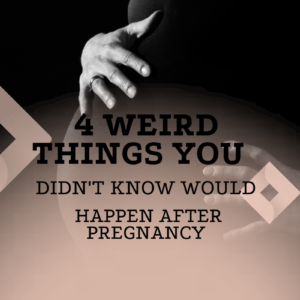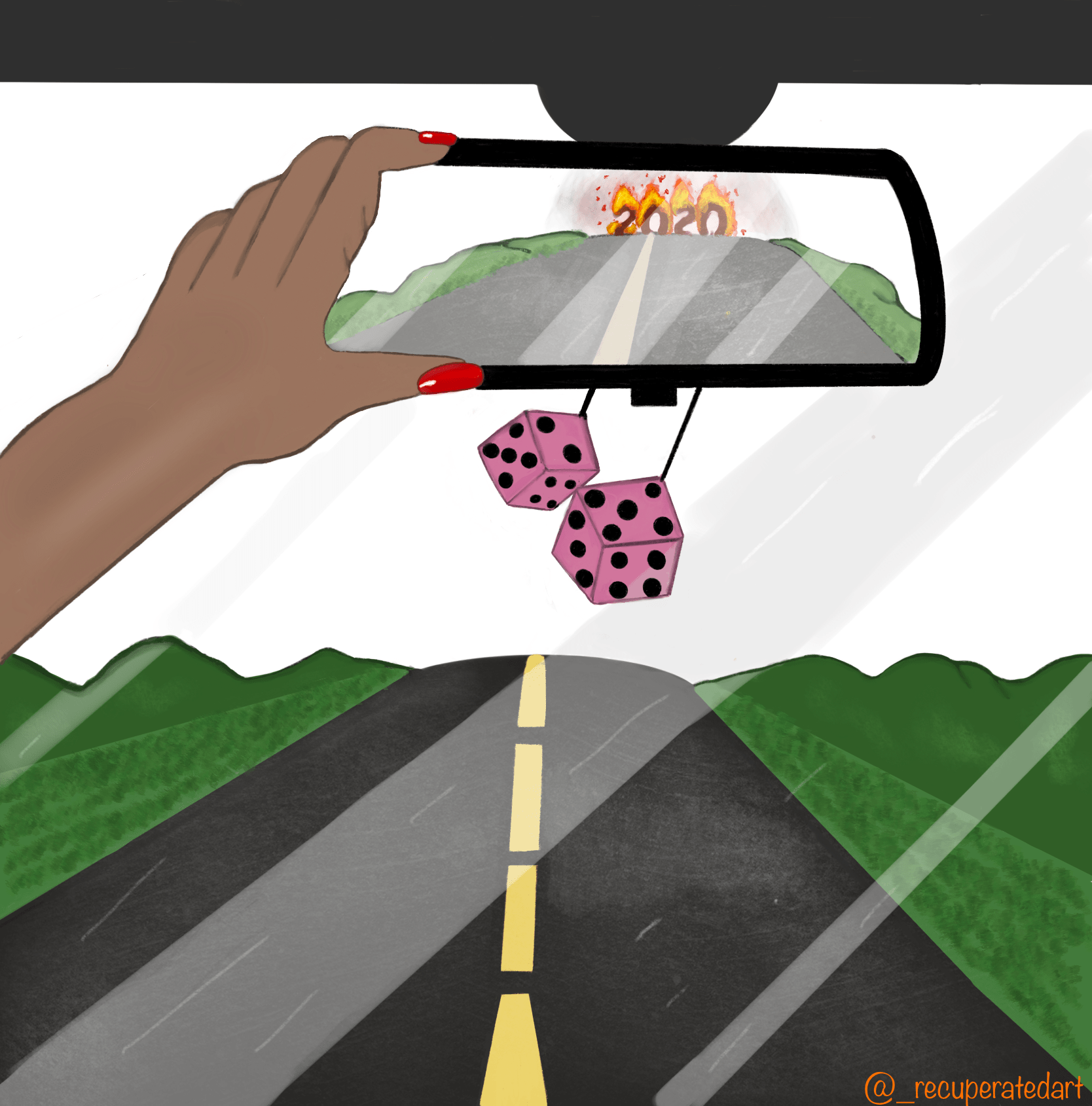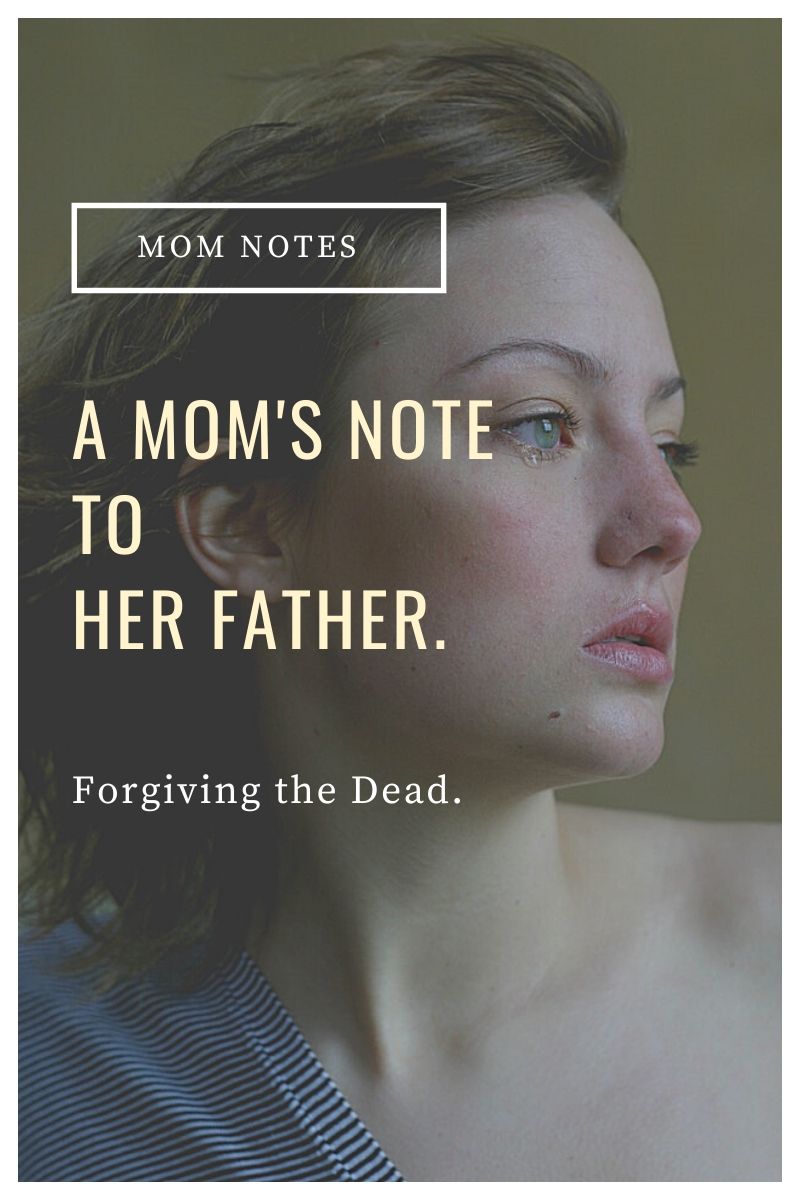Misconceptions about babies are more popular than one would think. You’re probably thinking “Misconceptions? What misconceptions? Babies are just babies, what’s there to misunderstand?”
Uhhh, ALOT!
Apart from being very complicated creatures, a baby’s language and an adult’s language can be very different (yeah, no s@*%), so misconceptions can happen very easily and quite often.
I still consider myself to be a a ‘new’ mother based on the fact that every day is a learning process for me. With that said, I will not claim to know everything. But, there are a few things that I have picked up on the way. So here are a few misconceptions that my experiences as a mother have allowed me to debunk.
Babies are supposed to sleep for long periods
I know we are all culturally raised differently, but there is this one saying that is cross-cultural. “Sleeping like a baby.”
One misconception about babies that we were taught, was that ‘sleeping like a baby’ meant that someone was sleeping very well, or was sleeping for a long time. I grew up believing that this saying originated because babies, especially newborns, would sleep for long periods.
*Buzzer sound* Wrong! This couldn’t be farther from the truth. If I was told that an adult was ‘sleeping like a baby,’ I’d be worried.
A baby, especially a newborn will not sleep for 5, 6 or 8 hours. A newborn sleeps for an hour to three hours at most, most times, mainly because they are small. Therefore, their tummies aren’t able to hold as much food. In an effort to feel full again will wake up to be fed. I never once imagined that a newborn would be the one to keep you up at night. Most times forcing you to only get an hour sleep (if that much) at a time.
The thing I hear the most, that I have to admit, bothers me a little bit, is that “My breastmilk isn’t enough for my baby. She isn’t sleeping very much, especially during the nights, so I HAD to start bottle feeding.” I’m an advocate for breastfeeding because It has so many benefits (for both mamma and baby) and like they always say “Breast is best.” However, if circumstances don’t allow for you to breastfeed, or even if you simply choose not to breastfeed, I understand. But don’t say you HAD to bottle feed because they weren’t sleeping long enough.
Firstly, if a newborn slept for more than 6 hours, I’d be very worried. Newborns need to be fed every two to three hours and so most times, they will wake up after that duration of sleep to be fed. So you’re right about one thing, your baby woke up because he/she probably got hungry, but not because your breastmilk wasn’t enough, but because they can’t hold much food due to their tiny tummies, so they have to be fed regularly.
If your baby is sleeping for less than an hour after feedings, then it is likely that they simply didn’t feed long enough. A newborn should feed (after latching on properly) for AT LEAST twenty minutes each time. If your baby falls asleep before 15-20 minutes during feedings, then it could mean that they weren’t properly latched on which caused them to get tired and fall asleep. Thus, waking up more often to be fed.
Learning how to properly get your baby to latch on can be a big help. This way, you’ll be better able to judge if your baby has fed enough or for long enough.
The size of your breasts determines how much milk you‘ll produce
Another misconception about babies is that the size of your breasts determines how much milk you’ll produce. This isn’t true. Surprised? Not too surprised I hope.
When people found out that I was pregnant, I heard a lot of this, “Your breasts are so tiny, how are you going to make enough milk to feed a baby?” I mostly heard this from close family members and friends, so I didn’t take it too seriously. Otherwise, I would have been grossly offended and/or embarrassed.
Small breasts can and will produce enough milk for the baby. Just like that of the larger breast.
The size of my breasts did not, I repeat, did not affect my milk production. And they will not affect anyone else’s. My little one is quite happy with them, in fact, she’s even quite chubby. It was actually my milk production that affected my breasts’ size.
All babies develop at the same rate
One of the popular misconceptions about babies that I hated hearing the most was that hat every baby should be developing at the same rate. For example, All at 7-month-old all babies should be crawling. As a result of this popular misconception, a mother’s confidence is oftentimes, trampled on.
All babies develop at different rates. Thus, there should never be an expectation that babies of the same age will develop at the same rate. In some cases, premature babies reach milestones later than the average baby. However, most times, their development is on par with their expected rates. Other times, the babies just haven’t reached that milestone yet. Stop rushing them to!
So the next time you’re around a one-year-old who isn’t walking yet, or a 7-month-old who isn’t crawling yet, please, refrain from commenting such things like; ” I bet they’re not crawling because you don’t give them enough tummy time” or ” You should put them on their feet more often, they’ll be walking in no time.” Yes, giving babies more time to practice will enable them to learn how to do something. However, that doesn’t mean that because Baby A got more tummy time, she’ll start crawling sooner than Baby B. Baby A and Baby B could be getting the same amount of tummy time and one will still start crawling before the other.
So please, be kind, be gentle and think about what you’re going to say before you say it.
Are there other misconceptions about babies?
Yes. Many! I think it would be impossible to write about all of them in one blog. So, if you’re not aware of the other misconceptions that exist, you should strive to remain aware of one thing. Sometimes, a mother’s confidence can be quite fragile, watch your words, offer support, not judgement. You shouldn’t criticise her if her parenting method seems different than the “norm.” Instead, observe, maybe you’ll learn something new.
What are your thoughts? Comment below if you want to learn more about other misconceptions about babies. If you want to catch up on the other blogs, click here. Or follow my Instagram for updates:)




